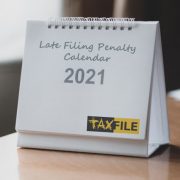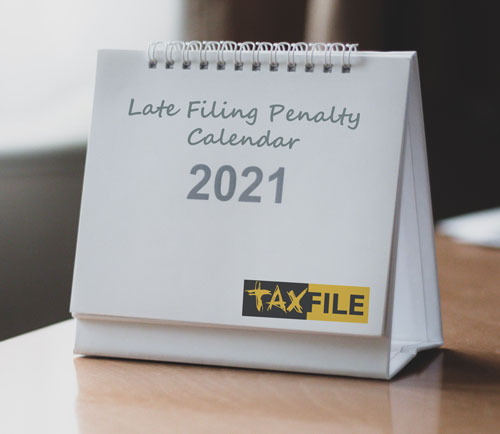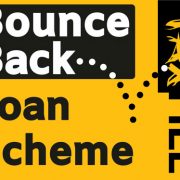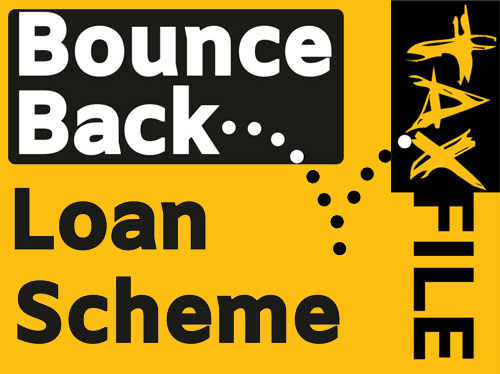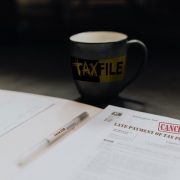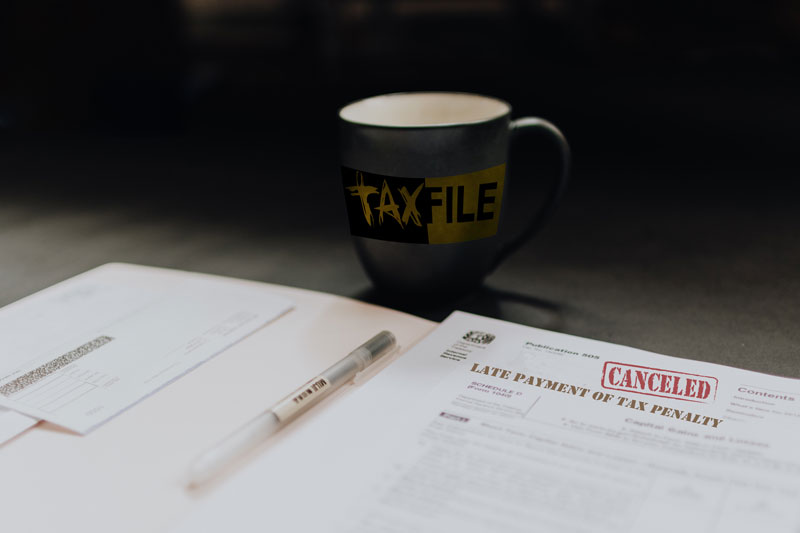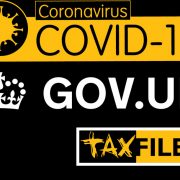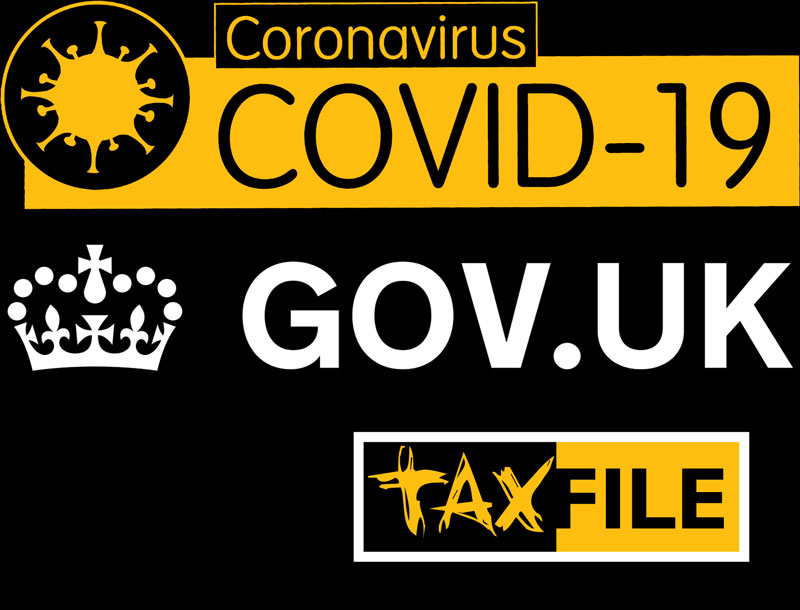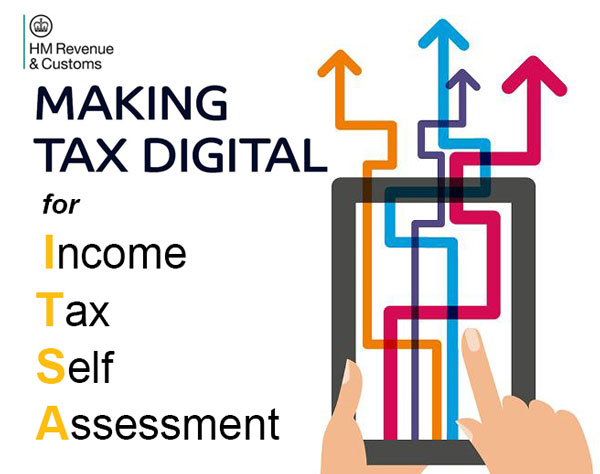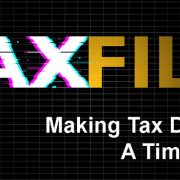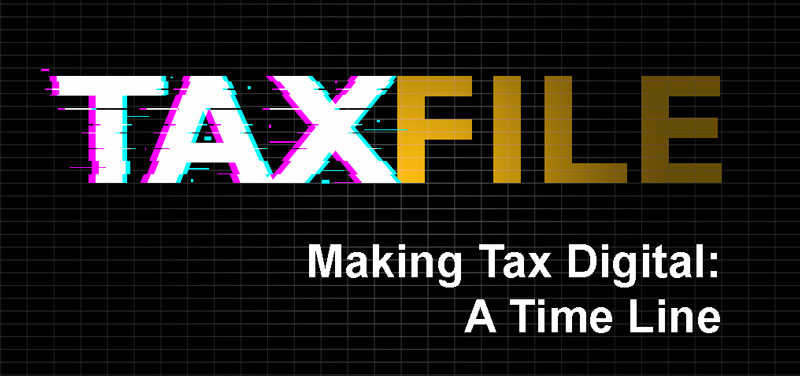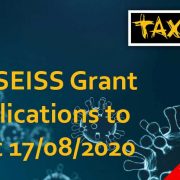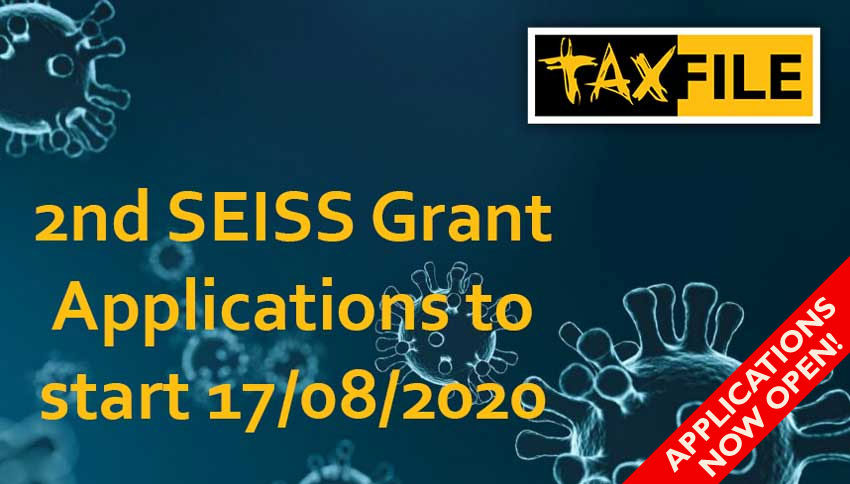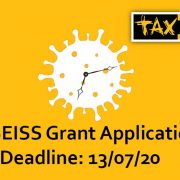
The deadline for the 2nd SEISS grant looms, please apply before it is too late.
The second SEISS grant is worth 70% of your average monthly trading profits, paid out in a single instalment covering 3 months’ worth of profits, and capped at £6,570 in total.
If you’re eligible and your business has been adversely affected on or after 14 July 2020, you must make your claim for the second grant on or before 19th October 2020.
That is less than 10-days from now. If you need help making your claim or are unsure, please call us on 020 8761 8000.
The SEISS grants have been extended for 2 further payments but with a new prerequisite.
The scheme has been extended for a 3rd and 4th grant for those that are actively continuing to trade, but are facing reduced demand due to the coronavirus pandemic.
To be eligible for the grant extension self-employed individuals, including members of partnerships, must:
- currently be eligible for the Self-Employment Income Support Scheme (although they do not have to have claimed the previous grants)
- declare that they are currently actively trading and intend to continue to trade
- declare that they are impacted by reduced demand due to coronavirus in the qualifying period (the qualifying period for the grant extension is between 1 November and the date of claim)
The extension will provide two grants and will last for six months, from November 2020 to April 2021. Grants will be paid in two lump sum instalments each covering a three-month period.
The third grant will cover a three-month period from 1st November 2020 until the end of January 2021. This grant will only be 20% of your average monthly trading profits, paid out in a single instalment covering 3 months’ worth of profits, and capped at £1,875 in total.
The fourth grant will cover a three-month period from the start of February until the end of April.
HMRC will review the level of this grant and set it in due course as its value will be dependent on how the pandemic has affected the workforce in February 2021.
All the SEISS grants are subject to Income Tax and National Insurance Contributions.
EDIT: As of 22/10/2020 the government have updated the terms for the 3rd SEISS grant:
The Government will provide a taxable grant covering 40% of average monthly trading profits, paid out in a single instalment covering 3 months’ worth of profits, and capped at £3,750 in total.
To be eligible for the Grant Extension self-employed individuals, including members of partnerships, must:
- have been previously eligible for the Self-Employment Income Support Scheme first and second grant (although they do not have to have claimed the previous grants)
- declare that they intend to continue to trade and either:
- are currently actively trading but are impacted by reduced demand due to coronavirus
- were previously trading but are temporarily unable to do so due to coronavirus

